March 18, 2016
Why Can’t we Get the Culture Right?
Working in a good culture is fun. More than that it is meaningful. Look at the film All Things Must Pass, the incredible documentary about the rise and fall of Tower Records; 5 billion to bankruptcy in 5 years. Key employees tell their stories, fascinating in many ways, one of which is the deep sense of connection to work life; emotional, alive, authentic engagement shown by the interviewees. Real tears, not because they lost their incomes, but because they lost a source of meaning in their lives.
Note that Tower Records was a profit making company. It wasn’t that people thought selling records was a social good. They thought it was fun, and they had fun doing it. They were part of something they liked, and they were “getting it done.”
I remember interviewing a small group of front line employees in a steel plant one time. When the conversation got serious, past the usual questions about their complaints and what they wanted, what came out was really touching. A rough edged 60ish guy about 6’ 4” started to tear up when he talked about it. He said, “It took a while for us to learn how to work as a team. It was hot, and there were hazards. We saw people get hurt. But we figured it out. In the end we knew how to make steel.” I’ve done thousands of employee interviews but I’ve never forgotten that one. It taught me something.
Deming called it “pride of work”. He told a story of being carted across an airport in his wheelchair, near the end of his career, and wanting to tip the attendant who had navigated him along. He said something like, “as I held out the cash, unthinkingly, I saw from the expression that I had offended the guy with my tip. I had downgraded his action, from a task he took seriously to a triviality”.
Organizations usually miss this crucial piece when they try to assess their culture. Where is it on the survey? An analytic analysis won’t touch it. It isn’t in the top layer data a company might gather when they try to understand the organization’s culture. An executive talking about the social meaning of the organization’s mission wouldn’t touch it either.
It comes from loving your work. People love to work in teams that get things done. Competency is fun. That doesn’t mean bring in pizza, which can be as boring as counting beans when it doesn’t mean anything. It means leading the work in a way that allows people to participate where they are most capable. It isn’t a new idea. In fact it lies at the heart of Plato’s Republic, written a few thousand years ago. It is the basis of organizational culture.
For more information on improving your culture, visit our safety culture page or read Tom‘s newest book about organizational culture, If Your Culture Could Talk: A Story About Culture Change.


